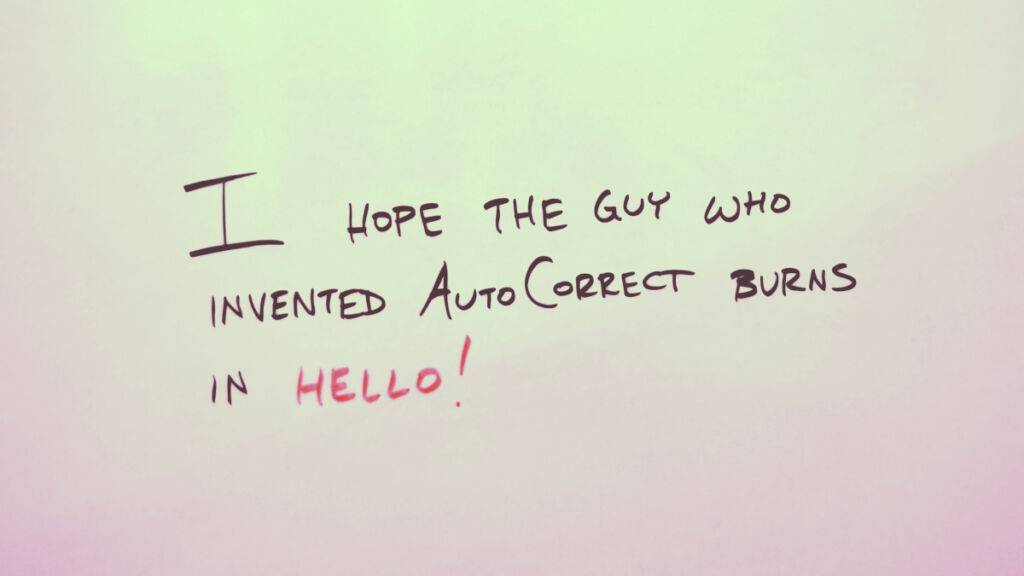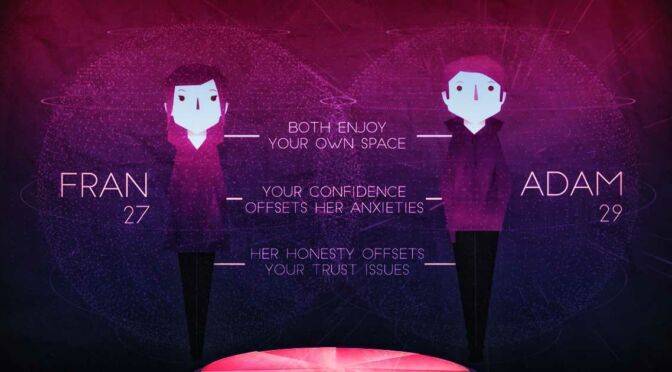Most people want to be remembered for something. We want to be the type of people that leave an impression and influence others in positive ways.
However, many of us are flying blind as to how to become memorable and influential. Many fall prey to expensive, unhelpful information on this topic.
Fortunately, neurosresearch is shedding light on what makes a person or thing memorable. Brain researchers have uncovered several key insights that you can apply to keep your message on people’s minds.
Dr. Carmen Simon is at the forefront of exploring and applying the neuroscience of being memorable. She is a cognitive neuroscientist, author and founder of Memzy, a company that uses brain science to help corporations create memorable messages. Carmen’s most recent book, “Impossible to Ignore: Create Memorable Content to Influence Decisions,” has won the acclaim of publications such as Inc.com, Forbes and Fast Company and has been selected as one of the top international books on persuasion.
Here are some key insights:
1) The Foundation of Memory and Influence is Attention
Attention is a precursor to memory. It’s much easier for you to be memorable when people are paying attention. If you have attention, you’re more likely to be remembered. If you’re remembered, you’re more likely to influence their decision-making.
The question, whether you’re talking face-to-face or virtually, whether you’re talking to one person or one hundred, whether you talk to somebody professionally or personally is:
Can you manage to capture your audiences’ attention and stay on their minds long enough to influence what they do next?

2) The Brain Chooses to Remember and Act on Things It Wants to Move Towards
The most ancient reason we have a brain is so that we can move. The brain does not move unless there is a memory involved. Unless you stay on people’s minds, it’ll be harder for you to influence where they move next – literally and metaphorically.
3) Keep in Mind that People Suck at Remembering
We forget our lives almost as quickly as we live them.
Most people forget 90% of what you share with them after 48 hours. Will your audience remember the most important 10%? Before you communicate, ask yourself “what is my 10%?” What is the “10%” of information you want your audience to remember? Unless you are intentional about it, it’s probable that they won’t remember your important message.
Start with the question: What would you *really* like people to remember? Many of us aspire to be memorable, but very few of us know what we want to be memorable for.
By far, the biggest communication mistake that people make is not having clarity about what they want to put in other’s minds. Getting clarity for your message gives you an increased chance of being memorable.

4) The Brain Makes Every Decision Based on Memories
5) The Brain is Lazy

6) Get Clear on What You Want People to Remember
The brain remembers and acts on that which is easy. Given the choice to think or not to think, what do we prefer? The brain is constantly looking for ways to conserve energy because it consumes a lot of energy. So any chance it finds to conserve cognitive energy, it will take it.
So if you want to stay on people’s minds, don’t only ask “what is my 10%?” but also, “how can a make my 10% come to mind easily?”
7) Predictability Can Help With Memory
The brain helped us survive by predicting the future. It predicts the future by referencing past memories. For this reason, to maintain an audience’s attention, it’s usually best to help your audience predict what is next. How can you cultivate a feeling of familiarity among your audience with your message?
One way is to help your audience create mental models, templates, schema for interpreting reality and your message. Humans thrive on building mental models. If we didn’t have our templates, life would be overwhelming.
Have you ever experienced shock when a familiar grocery store changes its layout ? When that happens, somebody has messed with a cognitive mental model that you had about that place. We love mental schema because they help us conserve energy. When we have a reliable mental model for where the avocados are, we don’t need to think about which aisle to go down to find them.

8) You Are More Forgetable to Those Who Are Not Thinking Like You
Sometimes the reason we’re forgettable is because the mental schema in our minds doesn’t match with how the audience models the world.
Quite often we’d like to portray our ourselves as novelty seekers, but given the choice between familiarity and novelty, what do you really prefer? If we put your brain in an fMRI and flashed a set of pictures in front of your eyes at 1 per every 250 milliseconds – faster than your conscious brain could recognize – we would see evidence that your unconscious mind prefered familiar images to novel ones. The reason is that the familiarity makes them easier for your brain to work with.
So to help your audience attend to your message, try to hook it into an existing mental model that your audience is familiar with.
9) Work in Novelty and Surprise
Too much familiarity can backfire. If you’re exposed to too much of the same information, you may pay attention at first, but after a while you will become habituated to it and no longer pay attention. Finding the right balance between familiarity and surprise is important.
Some people think novelty and surprise are the same, but they are not. Something novel is something that you haven’t seen or heard before. A surprise is something that you’ve seen or heard before, but did not expect.
The brain is constantly looking for ways to predict what happens next. Surprise is essentially a prediction error. Thus, biologically speaking, surprise is “bad” in that it signifies that your brain was not able to predict what happens next.
And yet, we enjoy surprises all the same. Part of the reason we enjoy surprises is because they can trigger pleasurable neurochemicals, opiates, to get released into the brain. But we also enjoy surprises because the gap between what you expect, and what happens in reality, is where the brain learns.
The question is whether you can be a good choreographer between something that is familiar to you and your audience, and something that they did not expect. Too much familiarity, you’re boring. Too much surprise, you’re weird and tiring.
If you’re talking to risk-tolerant audience, you can incorporate more surprise elements than usual into your communication. However, even a small amount of surprise is sufficient to take the brain out of its habituation.

In Short...
The more your thinking matches your audience’s thinking, the easier it is to hold their attention. Make your message as familiar as possible and sprinkle in novelty and surprise. If you have a person’s attention, you’re more memorable. If you’re more memorable, you are more likely to influence decision-making.
The meat of this post was drawn from Dr Carmen Simon’s Consciousness Hacking Talk on April 27th, 2018. Check it out.
2-3X Your
Learning Speed

Mental Contrasting Makes You More Successful According to 18 New Studies
18 new studies show that you can increase the chances you’ll reach your goals through a thought-technology called ‘mental contrasting’.

How to Enhance Your Memory with Simple Learning Hacks
Admission: I’m often forgetful. In fact, I’ve forgotten more things than I can remember. But, don’t get too smug.

Kensho: Short Film Perfectly Captures “The Dream of Life”
Kenshō (見性): A Japanese term from the Zen tradition. Ken means “seeing,” shō means “nature, essence” If you awaken from

How Emotional Technology Can Enhance Your Life in the Future
Our pace of technological advancement is changing our lives exponentially. It’s exciting to think about what is around the corner. We


Man this blog post was a let-down. Needed more concrete steps…